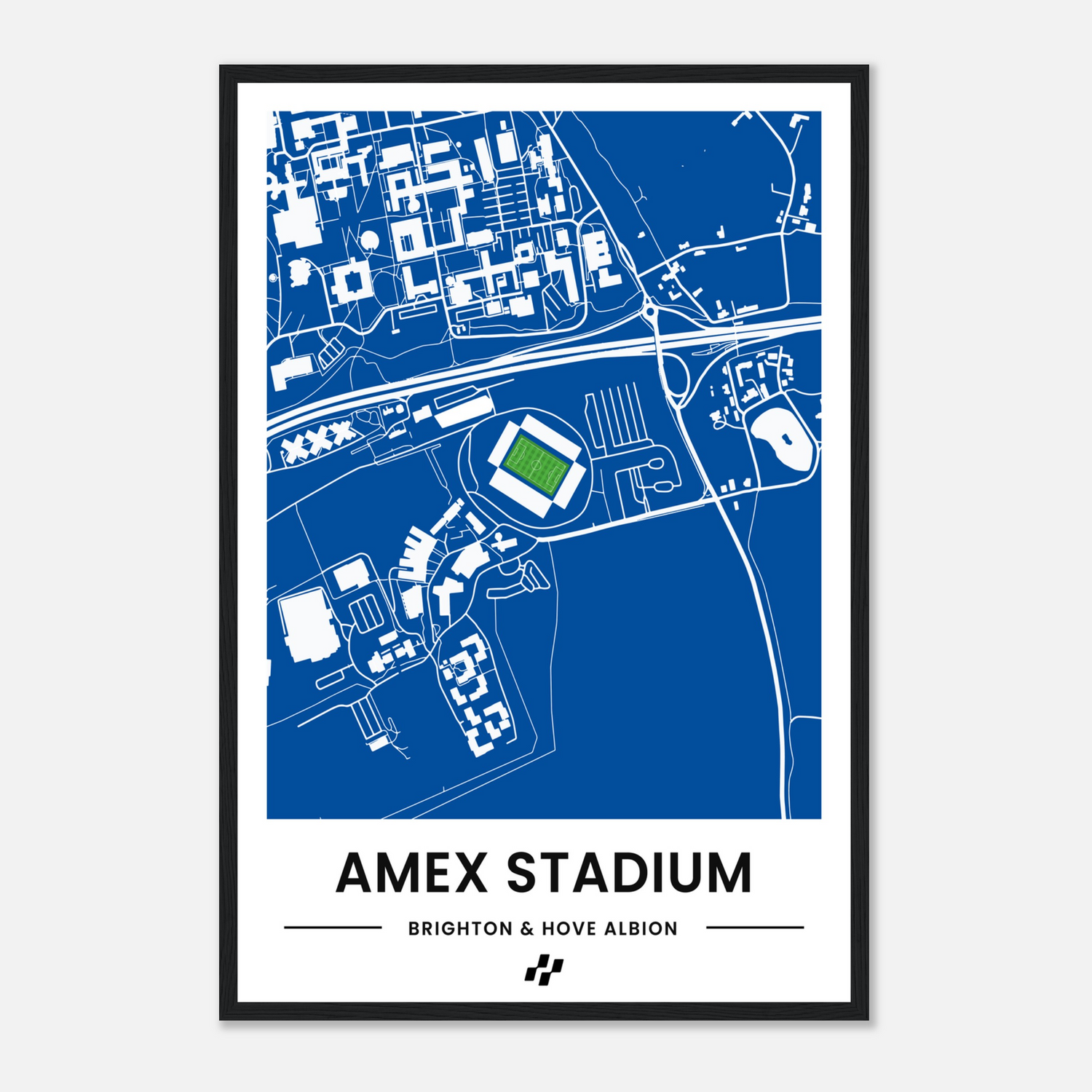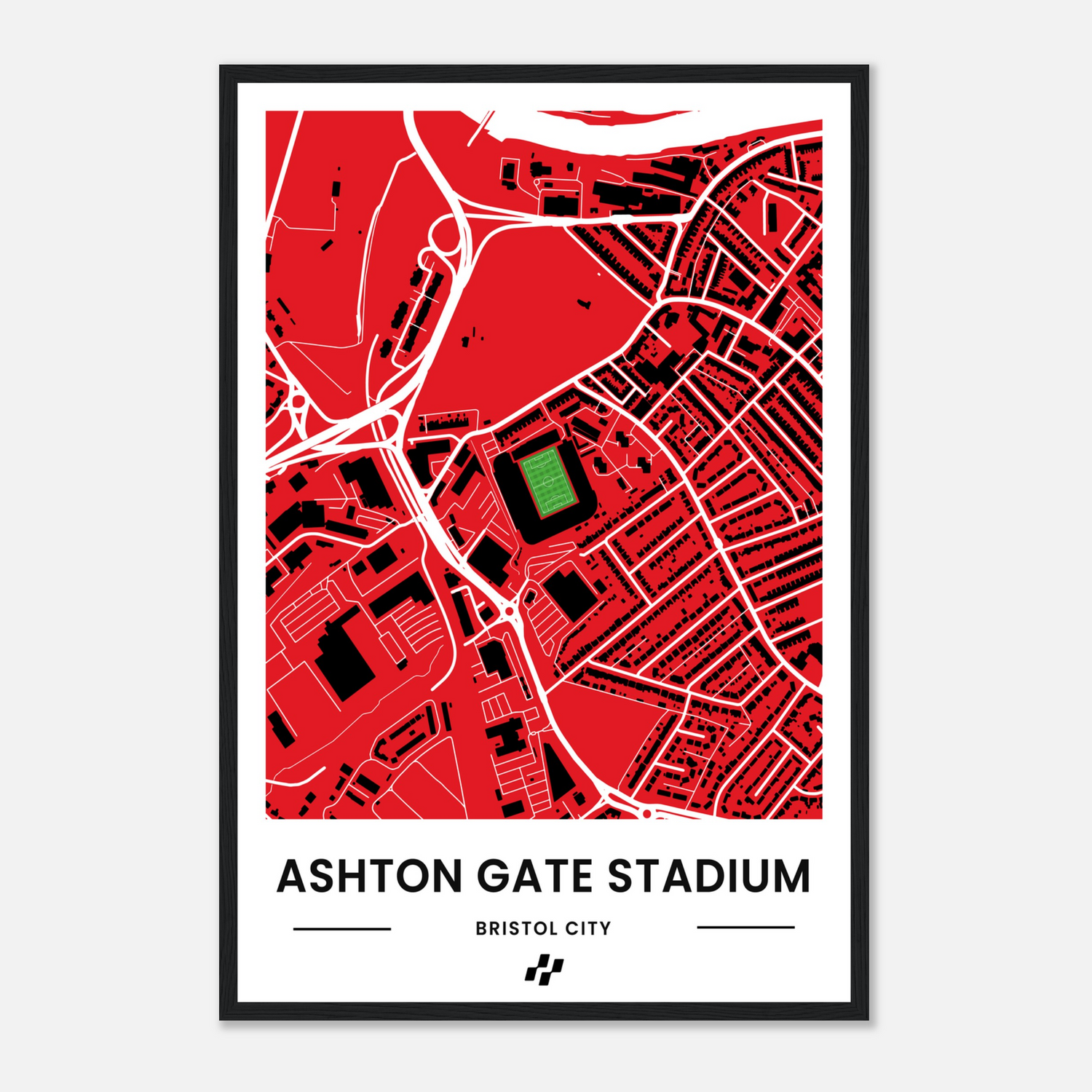
What Actually Happened To Portsmouth FC?
Share
It's May 2008, and the Portsmouth Football Club players are making their way up Wembley Stadium's steps to lift the FA Cup trophy. But one of Portsmouth's proudest moments was quickly overshadowed and led to the club's downfall. In three years, how does a club go from winning the FA Cup and playing in Europe to relegation to League Two?
Portsmouth’s squad once had the likes of Jermain Defoe, David James, Peter Crouch, Lassana Diarra, Sulley Muntari, Sol Campbell and Glen Johnson.
However, with over £100 million in debt, Portsmouth were forced into their second administration and dropped from England's top flight to the fourth-tier league.
In the end, after bad ownerships, it was the fans who saved the club by purchasing it in 2013. In this article, we look at what led to the downfall of Portsmouth Football Club.
Click here to watch the full video on our YouTube channel
The Triumphant Years
Let's throw it back to the 1998-99 season, Portsmouth faced a serious financial crisis, and chairman Martin Gregory resigned after being targeted by abuse from Portsmouth fans, forcing him to sell his 97% ownership of the club. That season, Portsmouth narrowly avoided relegation from the now-named Championship, and were then saved from closure by new owner Milan Mandarić, who saved the club with a takeover deal in May 1999. Mandaric immediately started investing for Pompey's new 1999–2000 season.
Former West Ham manager Harry Redknapp took over as Director of Football in 2001, ushering in a golden era for the club. As Director of Football, Redknapp's sole responsibility was to recruit the best players who could also be sold for a tidy profit.
For the start of the 2001-02 season, Portsmouth signed veteran Croatian playmaker Robert Prosinečki on a one-year contract, as well as a young Peter Crouch. Harry Redknapp eventually took over as manager, and Peter Crouch scored 19 goals for Portsmouth before being sold to Aston Villa for £5 million in March 2002. Portsmouth finished the 2001-02 season in 17th place, four points above relegation.
Portsmouth led the First Division for the majority of the 2002-03 season, with Svetoslav Todorov scoring 26 league goals, making him the league's top scorer at the end of the season. Portsmouth won the First Division title on April 27, 2003, and were promoted to the FA Premier League, returning to the top tier of English football after a fifteen-year absence.
Portsmouth's Premiership debut season in 2003–04 resulted in a 13th place final position at the end of the season. Harry Redknapp was compelled into offering a resignation midway through his 2nd Premier League campaign after a disagreement with chairman Mandaric and went to rivals Southampton. But this was short lived as Redknapp then made a surprise return to manage Portsmouth again after leaving Southampton relegated.
In January 2006, Portsmouth underwent another ownership change when businessman Alexandre Gaydamak bought the club. Gaydamak's significant investment allowed Portsmouth to assemble a new first team. With ample funds at Redknapp's disposal, the club achieved their highest finish since promotion, securing ninth place in the 2006-07 season, narrowly missing out on European qualification by just one point. Notable signings included Nwanku Kanu from West Brom, Benjani as a record signing, Andy Cole, Sol Campbell, Glen Johnson on loan from Chelsea, David James from Man City, Djimi Traore from Charlton, and Manuel Fernandez on loan from Benfica, among others.
In the 2007/08 season, Redknapp signed two more high-quality players in the form of Lass Diarra from Arsenal and Jermaine Defoe from Tottenham in January, helping Pompey to a Premier League eighth-place finish. Portsmouth faced Cardiff City in the FA Cup Final at Wembley Stadium on May 17, 2008, the second such final at the newly rebuilt Wembley. Portsmouth won 1–0, with Kanu scoring the only goal. It was the second time Portsmouth had won the FA Cup.
The FA Cup victory also qualified Portsmouth for the 2008-09 UEFA Cup, the club's first appearance in European competition. They played AC Milan, who had players like Ronaldinho at the time, in a 2-2 draw at Fratton Park. Portsmouth would finish 14th in the Premier League this season.
Financial Trouble
The 2008 stock market crash caught many people off guard, including owner Gaydemak. As a result, Gaydemak was forced to withdraw all funding from Portsmouth, as well as having to sell their most valuable assets and highest earners in order to repay creditors. With the club now £68m in debt, and with no way for Gaydemak to pose as a guarantor on the loans, he was forced to sell.
And on 26th May 2008, literally days after winning the FA Cup, Portsmouth accepted a bid from Emirati businessman Sulaiman Al Fahim to purchase the club. an Abu Dhabi property developer who claimed to have wealth nearing £3 billion. Al-Fahim turned out to be a fraud, arrested for stealing £5 million from his wife. Before going to prison, he arranged another deal, selling Portsmouth to Falcondrone, owned by Al-Faraj, for the club's finances and surrounding land.
Unfortunately, Portsmouth's streak of misfortune continued. Al-Faraj's claimed wealth turned out to be much less than expected, and he partially financed the purchase of the club with a £17 million loan from Balram Chanrai's Portpin Ltd. Unable to repay the loan and manage the club and land development, al-Faraj defaulted. As a result, Balram gained ownership of Portsmouth through Falcondrone and placed the club into administration to refinance its £135 million debts.
Paychecks began to bounce in October of 2009. During the winter transfer window, the club was unable to make significant moves due to a transfer embargo. It was announced in December 2009 that the club had failed to pay the players for the second month in a row.
Despite reaching the 2010 FA Cup final, Portsmouth were relegated to the Championship and faced a nine-point penalty from The FA, as well as being prohibited from participating in the Europa League.
The squad underwent significant changes, with players like Crouch, Defoe, Diarra, and Boateng all being offloaded. Portsmouth managed to survive in their first season in the Championship, finishing 16th after spending several weeks at the bottom.
The Downfall
In June 2011, Convers Sports Initiatives, owned by Russian Vladimir Antonov completed its takeover of the club.
Just a few months later in November 2011, the new owner was arrested following an investigation into alleged asset stripping at a Lithuanian bank he owned. His Latvian bank, was also suspended. Antonov resigned as chairman of Portsmouth, and on 17 February 2012, the club entered administration for the second time, incurring a 10-point deduction.
Portsmouth were relegated from the Championship on 21 April after a 2-1 loss to Derby. Pompey would have finished with 50 points, good enough to stay up, but they were relegated to League One for the first time in 30 years.
Portsmouth's first season in the third division would be even worse than the previous season. In December 2012, the entire playing squad left the club, and the team was docked ten points for their financial problems.
Portsmouth were struggling to find a manager on a long-term basis due to their financial state. The club went on a record winless run of 23 matches, finally ending on 2 March 2013 as Portsmouth won 2–1 away at Crewe Alexandra. Portsmouth were relegated (for the second successive season) to League Two at the end of the season.
As the club failed to avoid relegation to the fourth division, the Portsmouth Supporters' Trust finally took over the club from the administrators. On September 29, 2014, the club made a historic announcement declaring itself debt-free after repaying all creditors and legacy payments to ex-players. The announcement came 18 months after the PST took over the club.
Where are they now?
After five long years in League Two, Portsmouth finally found themselves promoted back into League One as Champions in 2017, in the off-season the PST voted in favour of accepting a bid by former Walt Disney CEO Michael Eisner, acting on behalf of a venture capital firm Tornate Company.
Promoted again to the Championship for the 2024/25 season, the club's future is looking more promising, and the days of administration and near-liquidation are hopefully behind them.





